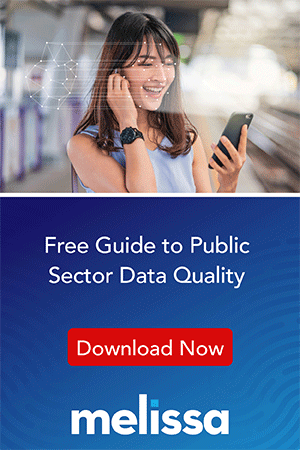POST (Parliamentary Office of Science and Technology)
|
|
Disinformation: sources, spread and impact
This briefing explains how and why disinformation is spread. It evaluates real-world impact and outlines counter-initiatives and policy considerations.
Documents to download
DOI: https://doi.org/10.58248/PN719
Overview
Disinformation is defined as the deliberate spread of false and/or misleading content. It is distinguished from misinformation which refers to the accidental spread. However, this distinction can be difficult to identify in practice. Several national and international organisations, including the UK Government and the United Nations, have identified disinformation as high risk, due to its potential to promote social unrest, undermine democratic elections, and aggravate political polarisation.
Disinformation is not new but advances in technology and global connectivity have increased its production and dissemination. It can stem from multiple sources, both foreign and domestic, and frequently spreads through a complicated network of online and offline spaces.
Despite its high priority on global risk registers, there is mixed evidence on the prevalence of disinformation and its potential impact on people’s behaviour. There is also disagreement on the best way to mitigate the potential harms of disinformation, with a need to balance regulation and freedom of expression.
Key Messages
- Disinformation is the deliberate creation and spread of false and/or misleading content. This is distinguished from misinformation, which refers to the inadvertent spread of such content.
- Disinformation spreads through a complex interaction of social media, online news sites, traditional media, and offline spaces.
- People may intentionally share disinformation to further a political agenda or achieve social validation, rather than because they believe it. It is more common for people to unintentionally share misinformation.
- Evidence suggests that people may be more likely to believe disinformation if it aligns with pre-existing beliefs, provokes an emotional response, if they are repeatedly exposed to it, or if it comes from a source they trust.
- Disinformation is included on international risk registers due to its perceived potential to undermine democratic elections and promote social unrest.
- Research indicates that disinformation can influence beliefs, but evidence that it influences behaviour is inconclusive and difficult to research robustly.
- Counter-disinformation initiatives include media literacy, fact-checking, and improving access to trustworthy information.
- Commentators suggest that disinformation is not something that can be solved, but rather reduced and managed. Policy considerations include protecting freedom of expression, ensuring access to reliable information, regulating social media platforms, and keeping up with increasingly sophisticated artificial intelligence technology.
Acknowledgements
POSTnotes are based on literature reviews and interviews with a range of stakeholders and are externally peer reviewed. POST would like to thank interviewees and peer reviewers for kindly giving up their time during the preparation of this briefing, including:
Members of the POST Board*
Department of Science, Innovation & Technology (DSIT)
Ministry of Defence*
Home Office
Cabinet Office
Ofcom
Dr Sacha Altay, University of Zurich*
Professor Tom Buchanan, University of Westminster*
Professor Joanna Burkhardt, University of Rhode Island Libraries*
Dr Thomas Colley, King’s College London*
Mariano delli Santi, Open Rights Group
Angie Drobnic Holan, International Fact-Checking Network
Scott Hale, Meedan
Todd Helmus, RAND Corporation
Eliot Higgins, Bellingcat
Professor Rasmus Kleis Nielsen, University of Oxford
Dr Mark Knights, University of Warwick
Professor Stephan Lewandowsky, University of Bristol*
Eva Maitland, Newsguard*
Gwenda Nielen, Tilt Studio
Magda Osman Principal Research Associate in Basic and Applied Decision Making, Cambridge Judge Business School, University of Cambridge*
Henry Parker, Logically*
Olga Robinson, BBC
Glen Tarman, Full Fact
Dr Toni van der Meer, University of Amsterdam
*denotes people and organisations who acted as external reviewers of the briefing.
Documents to download
Original article link: https://post.parliament.uk/research-briefings/post-pn-0719/?_gl=1*5ek7dc*_up*MQ..*_ga*MTQxNzI2NTgxLjE3MTQzODYxNTA.*_ga_R1S57P8GYR*MTcxNDM4NjE2OS4xLjAuMTcxNDM4NjE2OS4wLjAuMA..
 |
Academic Fellowships | Upcoming work | POST Publications | ||
|
|||||



